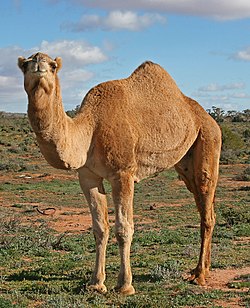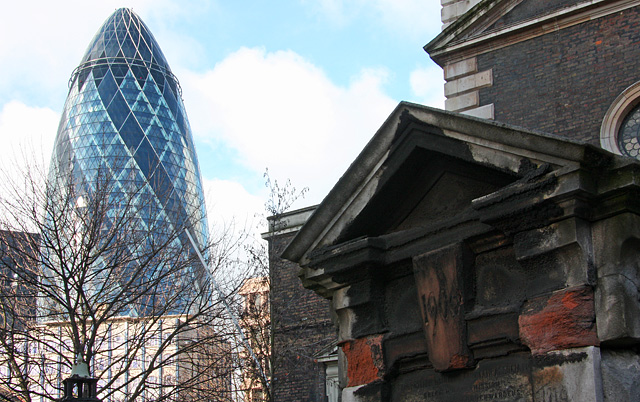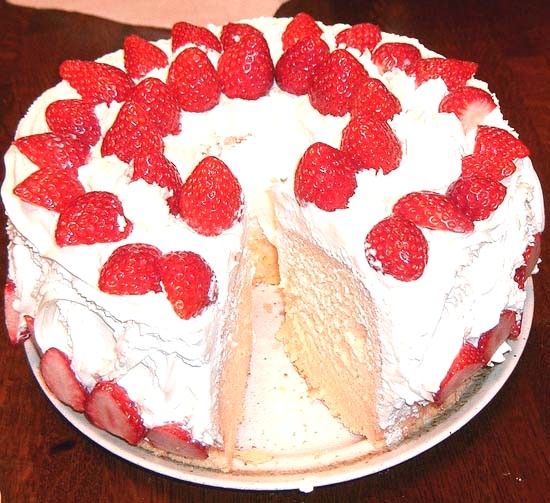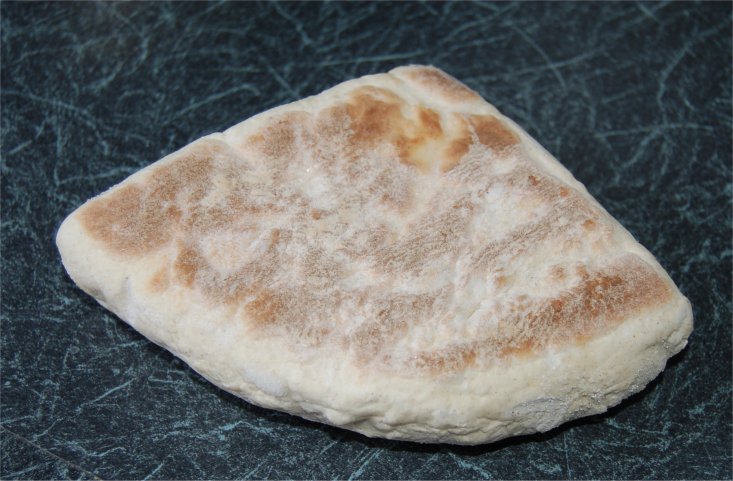The Winchester Bible is bound in four volumes, you see. Well, I doubt if anyone would be able to pick up the whole thing: it's enormous.
It's also extraordinarily beautiful:

That illustration is of God addressing Jeremiah.
The Winchester Bible is in the process of being restored, and before long it'll be available to see online (hurray!). At the moment there's a display in the cathedral where you can see a reproduction of the first page.
Now, bibles in Latin (and the Winchester Bible is nearly nine hundred years old,* so it is in Latin) begin:
In principio creavit Deus caelum et terram
In the beginning created God heaven and earth (Latin, as you can see, doesn't bother with the word the).
But the Winchester Bible begins with the word incipit, instead.
Why?
Well, incipit means here begins. It was used quite a lot at the beginning of mediaeval manuscripts.
Again, why?
I'm not sure. As a here goes! before starting to copy out an entire book? As a security device?
I suppose the fact that the custom of writing the word incipit at the beginning of books has died out shows that there wasn't a very good reason for doing it - though there's a very similar custom to which we still cling tenaciously.
What's that?
I'm afraid you'll have to wait for next week's thrilling installment for me to be explicit about that.
Word To Use Today: incipit. Well, why not. I think I shall write it at the top of my current manuscript. It's about an fortune-telling eel.
Well, it'll add a bit of class.
*The Winchester Bible is believed to have been commissioned by William the Conqueror's grandson Henry of Blois.
PS If you look at the green writing in the illustration, above, you'll see the word incipit. It's a bit smudgy, but from what I can see the green writing says Here begins the book of the Prophet Jeremiah.

























